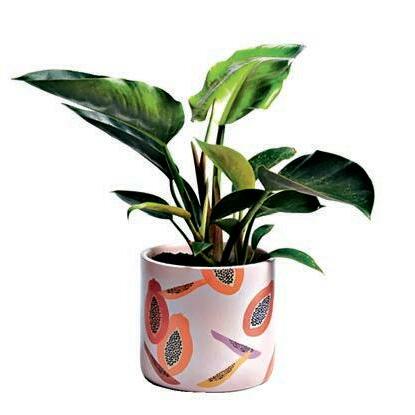
3 minute read
Dr Sally Cockburn
Dr Sa y Cockburn, GP GIVES HER UNIQUE VIEW ON ALL MATTERS MEDICAL
CANCER DOESN’T WAIT IN A “COVID NORMAL” WORLD Last year the COVID-19 pandemic shifted our health priorities. Suddenly it seemed like “health” was all about avoiding infection with the virus, while other conditions got pushed out of the headlines. However, that didn’t mean all the other conditions weren’t still there.

Experts advised us during times of community COVID transmission that limiting contact with others and staying home were the safest options. Most people followed the advice strictly, which helped Australia attain an enviable position compared to the rest of the world in relation to COVID-19 spread.
However, there have been some “side eff ects” associated with the stay-at-home focus. Along with the obvious mental health fallout due to isolation, there is something else. When people were weighing up the risks of going out, many also opted to put their usual health checks on hold. But cancer, heart disease and other chronic illnesses don’t just stop because of a pandemic.
It’s now well over a year since we started living with COVID-19 and we’ve learned to adapt to what’s been dubbed a “COVID normal” world. But, if your health routine is still on hold, it’s very much time to get your usual checks back on track.
To put this into perspective, the Cancer Council of Australia reported that last year fewer Australians were screened for breast and bowel cancer than previous years — and I know my colleagues are concerned that this pause in cancer checks may lead to an increase in delayed diagnoses, which may mean poorer outcomes.
Now, I can understand how early on in the pandemic, tests involving attending a clinic for say, a cervical smear or breast X-ray may have been impossible because clinics paused their programs. However, the same reasoning does not apply to the bowel cancer (hidden blood) screening test. This faecal occult blood test comes in the mail, is free to over 50s, and is done in the privacy of your own toilet. Yet the data indicates that while, in the fi rst six months of 2020, the national bowel cancer screening program sent out 2.1 million kits to Australians, fewer than 700,000 tests were returned. Remember, you may not have any symptoms of bowel cancer early on.
Could the pandemic have been a bit of a convenient excuse for some to avoid those pesky screening and monitoring checks? Importantly, these checks could save your life.
During 2020 our newly recognised new science celebrities — the epidemiologists — taught us about assessing risk versus benefi t in relation to the COVID vaccine.
You should also apply the same mathematical scrutiny to your risks versus benefi ts of screening for cancer and other chronic disease. This will show you that evidence-based screening and monitoring tests are worth doing.
While a good screening test is proven, at a population level, to improve disease outcomes through early diagnosis, these are done on people with no symptoms. There are also monitoring tests that a doctor can design for individuals because of a personal diagnosis, family or occupational risks.
For example, a person with a strong family history of bowel cancer will probably be advised to go straight to a colonoscopy, and someone with diabetes should have a series of regular monitoring tests.
While screening and monitoring tests are important, it doesn’t follow that by requesting “just do the lot, doc” will rule out all diseases. Tests need to be based on your health story and physical examination. The advent of widespread telehealth and e-scripts has been a wonderful positive to come out of the pandemic and it needs to continue, but we still need face-to-face consultations to examine you. Please see your GP and discuss organising a personal health check routine for yourself, based on your personal medical history as well as population risks.










